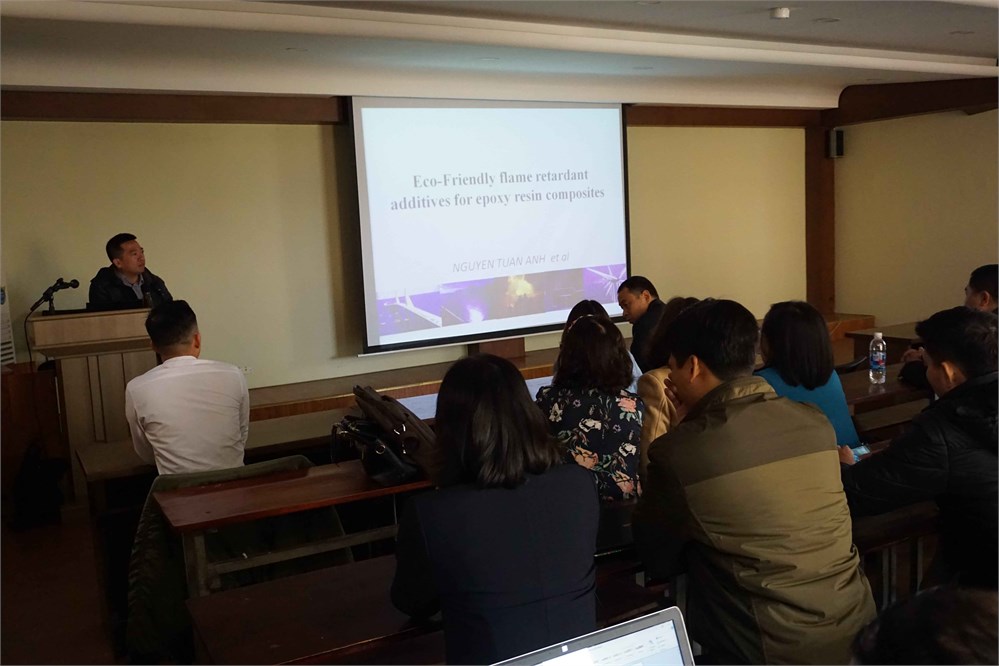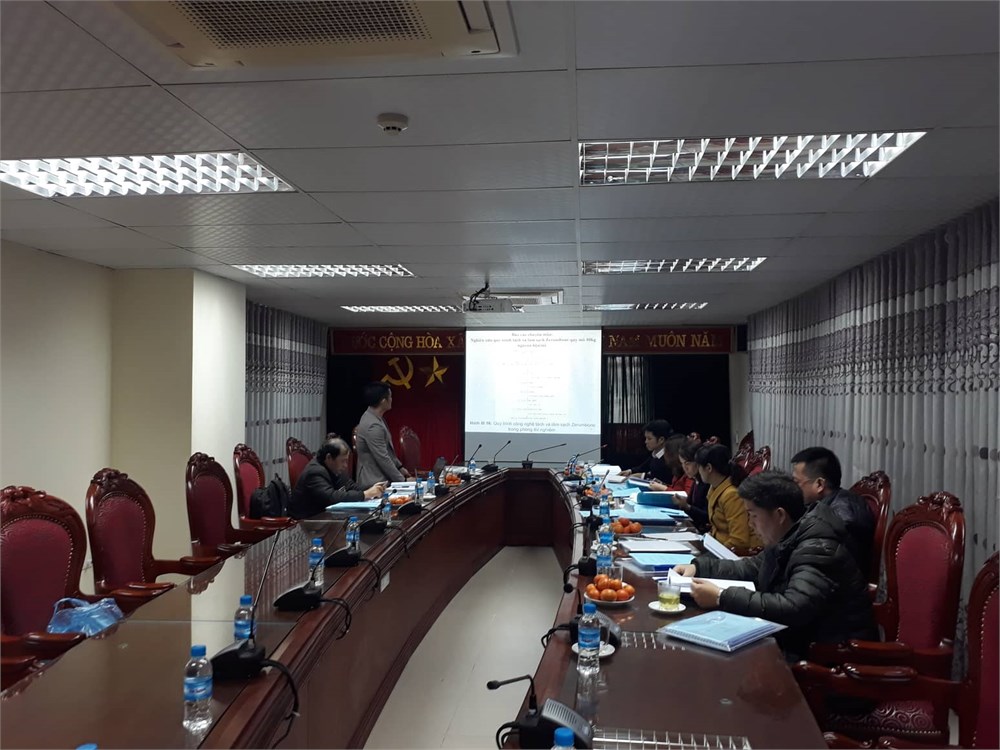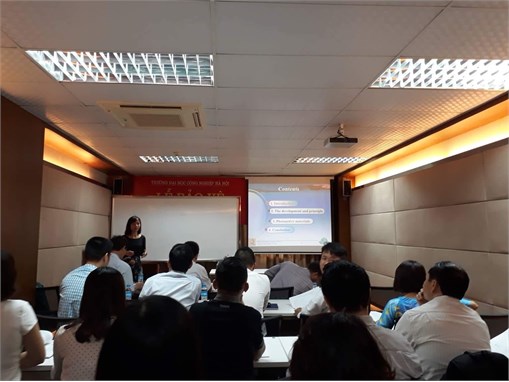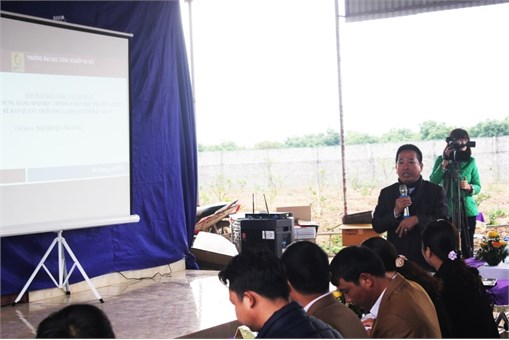Synthesis and cytotoxic evaluation of novel indenoisoquinolinepropan-2-ol hybrids
Tham Pham Thi, Lena Decuyper, Tan Luc Quang, Chinh Pham The, Tuyet Anh Dang Thi, Ha Thanh Nguyen, Thuy Giang Le Nhat, Tra Nguyen Thanh, Phuong Hoang Thi, Matthias D’hooghe ,Tuyen Van Nguyen.
The synthesis of N-substituted indenoisoquinolines was performed by applying a two-step condensationbetween 2-carboxybenzaldehyde and phthalide, followed by treatment with various primary amines.N-allylindenoisoquinoline was subsequently selected as a substrate for hydroxybromination, providing6-(3-bromo-2-hydroxy)indenoisoquinoline as a key intermediate for derivatization in the lactam sidechain. In this way, a series of 6-(2-hydroxypropyl)indenoisoquinolines bearing various functional groupsat the 30-position were prepared, which can be considered as novel indenoisoquinoline-propan-2-olhybrid molecules. Subsequent cytotoxic evaluation of 28 indenoisoquinolines against two human cancercell lines (Hep-G2 and KB) demonstrated a moderate to high antiproliferative activity displayed by 11indenoisoquinolines thus synthesized. In particular, the introduction of the 2-hydroxypropyl side chainwas shown to be beneficial for the overall cytotoxic activity, pointing to the potential relevance of thesenovel indenoisoquinoline-propan-2-ol hybrids.
2015 Elsevier Ltd. All rights reserved.
Toàn văn bài báo tải về tại đây



